Ramen noodles have become a staple of the culinary world, offering a tasty and spicy alternative to traditional pasta. Ramen has been around since the 18th century, but there is nothing quite like Maruchan ramen, which offers spicy sauces and broth for an ultimate flavor. Cup noodles provide a fast and easy meal that can even be microwaved for added convenience. Spicy ramen noodles bring an extra kick to your plate, whether serving them with meat or veggies or simply eating them on their own.
What kind of noodles are in ramen?
When people think of ramen, they often picture Buldak ramen, the spicy cousin of Top Ramen that has gone viral on the internet over recent years. Buldak ramen cooks into thicker, curlier noodles than Top Ramen, but they both use wheat flour-based alkaline noodles. The main difference lies in the extra sauces and pastes added to Buldak for flavor and spice. Top Ramen often adds dehydrated vegetables mixed in with their seasoning powders for a tasty soup without all of Buldak's intensity. Samyang noodles usually use even thicker and firmer noodles to handle all the heavier spices, while brothy Jinramen opts for thin straight noodles.
Are ramen noodles good for you?
Ramen noodles can be good for you, depending on your lifestyle and preferences. If you're a vegan, veg ramen is a great vegetable-based option with plenty of flavor. For those feeling adventurous in the kitchen, making homemade ramen with healthier ingredients is a great way to control what goes into your bowl. Try thinly sliced meats, carrots, onions, and mushrooms for a delicious and nutrition-filled bowl. But even instant ramen can be part of a healthy and balanced diet if eaten in moderation. In other words, it's perfectly fine to indulge in ramen noodles every once in awhile, just find balance to make sure it stays a healthy habit.


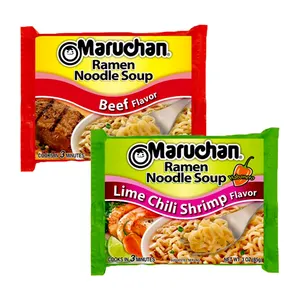

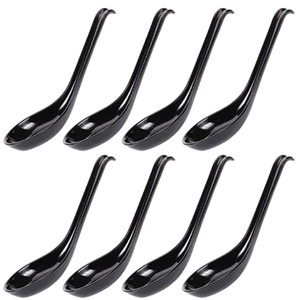


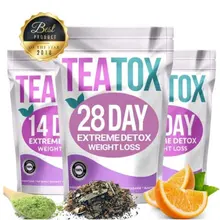
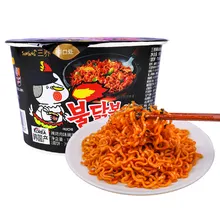


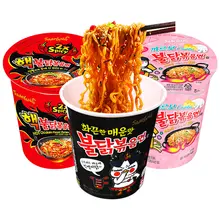




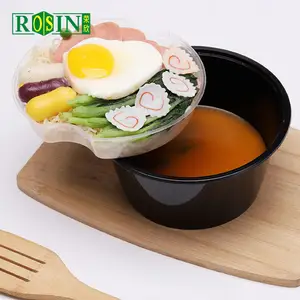
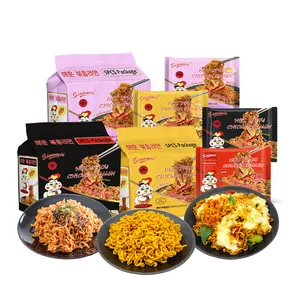

























 浙公网安备 33010002000092号
浙公网安备 33010002000092号 浙B2-20120091-4
浙B2-20120091-4